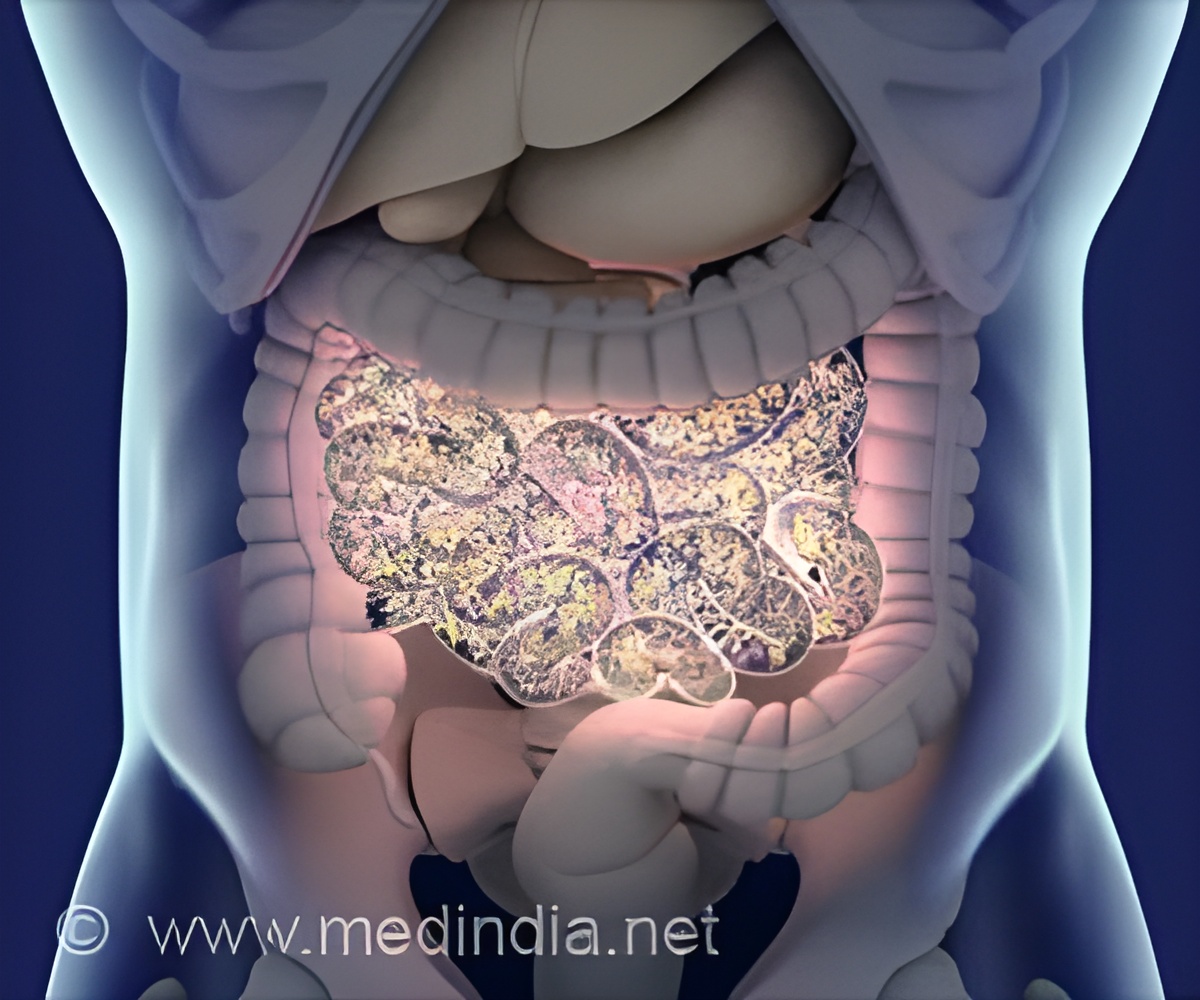
‘Targeting gut bacteria with an antibiotic or vaccination may offer a promising new treatment approach for autoimmune diseases.’
Tweet it Now
"Treatment with an antibiotic and other approaches such as vaccination are promising ways to improve the lives of patients with autoimmune disease," said senior study author Martin Kriegel from Yale University in New Haven, Connecticut, US. Gut bacteria have been linked to a range of diseases, including autoimmune conditions characterised by immune system attack of healthy tissue.
To shed light on this link, the research team focused on Enterococcus gallinarum, a bacterium they discovered is able to spontaneously "translocate" outside of the gut to lymph nodes, the liver, and spleen.
In models of genetically susceptible mice, the researchers observed that in tissues outside the gut, E. gallinarum initiated the production of auto-antibodies and inflammation -- hallmarks of the autoimmune response.
They confirmed the same mechanism of inflammation in cultured liver cells of healthy people, and the presence of this bacterium in livers of patients with autoimmune disease.
Advertisement
With either approach, the researchers were able to suppress growth of the bacterium in the tissues and blunt its effects on the immune system.
Advertisement
"The vaccine against E. gallinarum was a specific approach, as vaccinations against other bacteria we investigated did not prevent mortality and autoimmunity," he noted.
The vaccine was delivered through injection in muscle to avoid targeting other bacteria that reside in the gut.
The findings have relevance for systemic lupus and autoimmune liver disease, the researchers said.
Source-IANS













